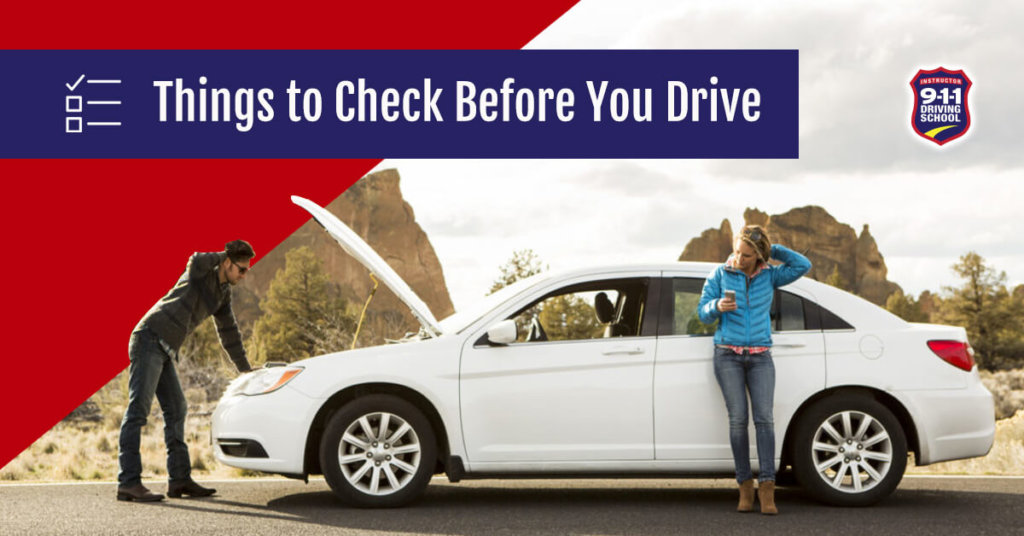Cars are excellent at getting people around until something goes wrong. Keeping on top of maintenance is a hassle for some people, but it is well worth the effort to keep a vehicle running smoothly. Monthly maintenance is important, but it is especially vital before going on a long drive or road trip. Here are some things you should be checking for a smooth driving experience.
Fluid Levels
There are a lot of fluids that are essential to driving. Each should be checked regularly, such as:
- Oil
- Coolant
- Windshield wiper fluid
Each has a different role in the car. The oil helps keep the engine well lubricated and running in top condition. Coolant helps the engine to not overheat on long drives. Windshield wiper fluid is not always considered a vital fluid, but keeping the windshield clean is essential to seeing clearly. If you are driving around in the rain or snow, it is especially important because the mud and dirty snow can get kicked up by other cars on the road and dirty the windshield. During the summer, bugs are everywhere and can eventually clutter up your line of vision too.
To check the fluids, pull out the dip sticks, look in the container, or have a professional do a maintenance check that they are all at appropriate levels. Also be sure to check around the areas and under the engine to make sure there are no leaks.
Car Parts
Mechanics will look over specific car parts when doing a routine maintenance check. Before a long drive, you should also check these areas like:
- Wheels
- Belts
- Brake Pads
- Lights
Having a safe car is dependent on these areas being in good working order. To check the wheel tread, you will need to stick a penny in with Lincoln’s head going in first. If you can still see the President’s head still, the tread is too low and you need to get new tires. It is also a good idea to get the balance on the wheels checked to prevent problems with the axles.
Belts are in the engine and power systems in the car. If one were to break, the car would need to be fixed immediately, disrupting any driving plans. To make sure they are in good working order, check for any fraying or wear. If they are old or damaged, they need to be replaced. The same is true for brake pads; if they show wear, they need to be replaced to effectively stop the car.
With the help of a friend, checking the lights is easy. Have someone stand in front and behind the car while testing the headlights, turn signals, and brake lights. If any are out, changing the lightbulbs is very easy and inexpensive.
While checking your car over, double check that your windshield wipers work well. The blades should clear the entire windshield when you spray the washing fluid. If they miss spots or haven’t been replaced in a few years, change them for new blades.
Spare Parts
Always keep spare parts in the car, but especially when you have a long drive through less populated areas. That way, if an emergency happens on the road, you are prepared and don’t have to depend on cell service, tow trucks, and nearby service shops. This would include:
- Spare tire with hardware and jack
- Air pump
- Spark plugs
- A tool set
With these basics in your car, you can fix the car yourself or have everything on hand if someone pulls over to help.
Be Prepared
Whether you’re new on the road after completing Driving school, or you’re a seasoned driver, it’s important to stay on top of these things. Being a responsible car owner means being prepared and taking care of your car. Stay on top of the vehicle’s maintenance and it will work better over the lifetime of the car. When heading on a road trip, have it checked over for extra protection.

